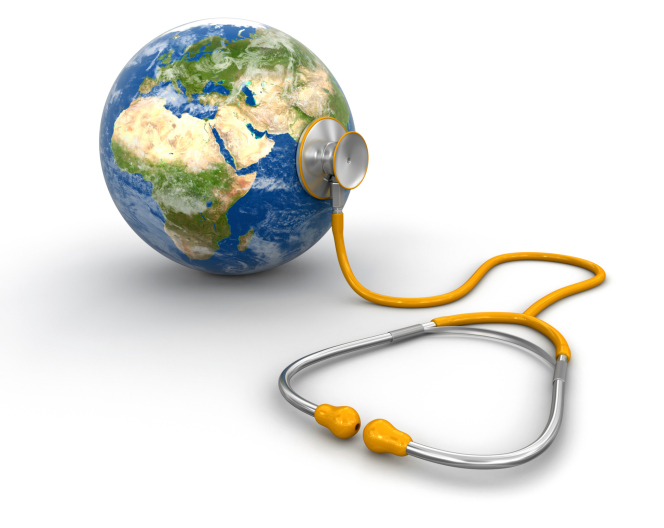World Health Day, which happens annually on April 7, is this coming Saturday. Not only does it mark the 1948 founding of the World Health Organization (WHO), it also highlights a topic based on a global issue that the WHO is concerned about. This year’s topic and theme are Aging and Health–Good Health Adds Life to Years. WHO wants to promote how leading a healthy life can help older men and women lead full, productive lives, which allows them to be resources for their families and communities. This is a very relevant topic since soon the world will have more older people than children in it.
Did you know…
- The number of people today aged 60 and over has doubled since 1980.
- Between now and 2050, the number of people aged 80 years will nearly quadruple, for an expected total of around 395 million people.
- Within the next 5 years, adults 65 years of age and over will outnumber children under the age of 5. And by 2050, these older adults are expected to outnumber all children under the age of 14.
So how can you live a healthier life?
- Exercise. Even walking briskly for 30 minutes a day can reduce your risk of disease.
- Eat right. Choose fruit instead of processed, sugary snacks. Fill up on veggies. Choose whole grains over refined grains. Choose fish, poultry, and lean cuts of meat. Make sure to limit your sodium and cholesterol intake. Read food and nutrition labels carefully to determine whether foods are healthy for you to eat. Drink plenty of water.
- Get your zzzz’s. Regularly getting a good night’s sleep can reduce your stress level as well as your risk of overeating.
- Go for your checkups. Keep on top of what tests you need–such as colonoscopies, mammograms, Pap smears and prostate exams–and when you need them.
- Manage chronic conditions. If you have a chronic condition such as asthma, for example, take preventive measures such as reducing the allergens you’re exposed to, quitting smoking, and taking your prescribed medications.
- Have a primary care physician. Your primary care physician can help you streamline your healthcare by having knowledge of your full medical history, administering your screenings and checkups, and referring you to specialists.



